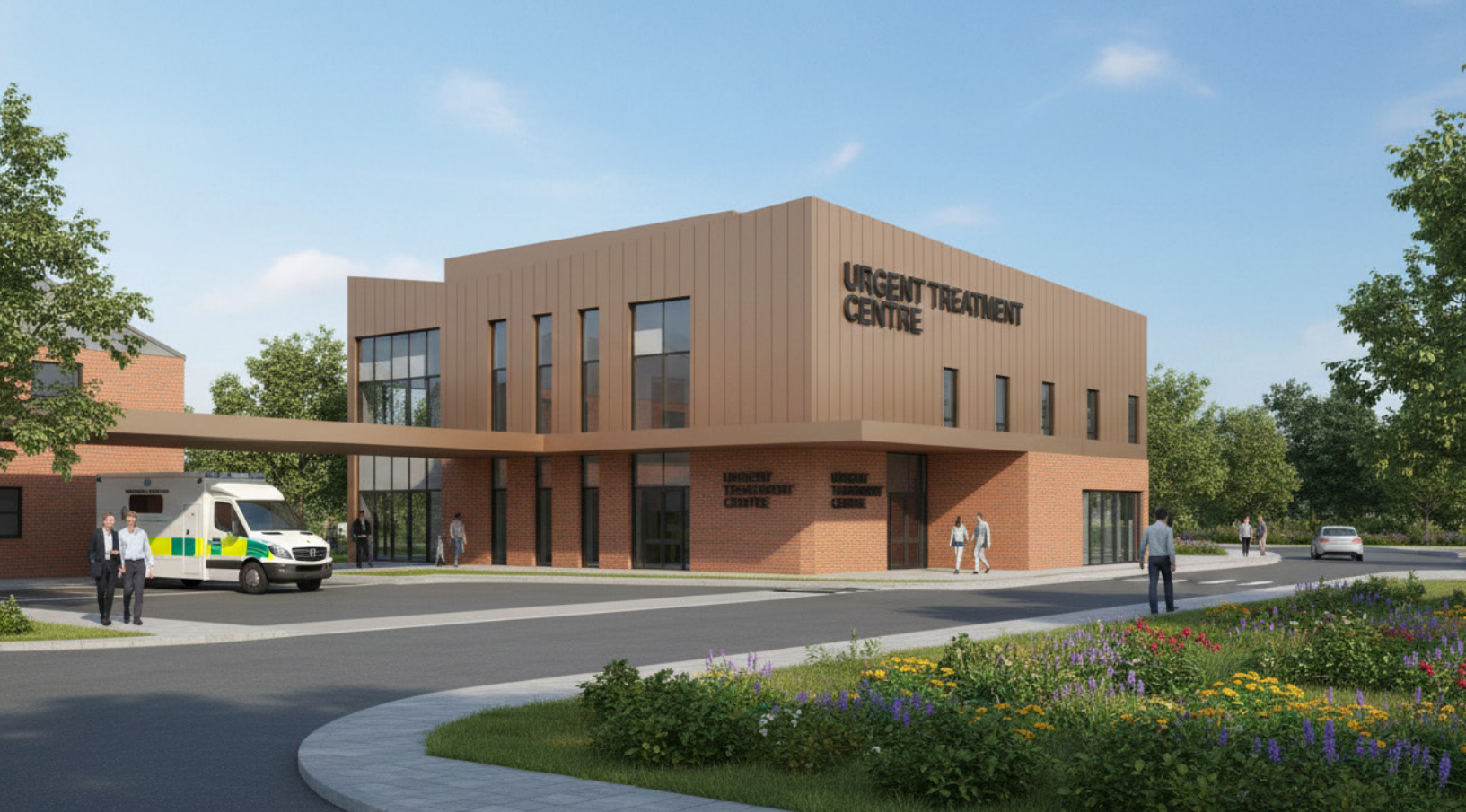In a special meeting of the BMA's Representative Body yesterday, which was also attended by health and social care secretary, Wes Streeting, BMA chair of council, Dr Tom Dolphin said the Government must be ‘crystal clear' about how neighbourhood health hubs will work.
He added the Government ‘will need to explain how fewer staff will be able to deliver more care through neighbourhood health centres, open 24 hours a day, 6 days per week'.
While most grassroots doctors (83%,) want the BMA to engage with the 10-Year Health Plan, over three quarters (77%) of GP respondents said it would lead to a decrease in the continuity of patient care and over 80% said it would decrease the independence of general practice.
Ruth Rankine, primary care director and neighbourhood lead at the NHS Confederation, said: ‘It is really positive that so many doctors want the BMA to engage with the government's 10-Year Health Plan, which sets out some bold ambitions to create a new model of care. Without radical action the NHS model of a universal service is in danger of becoming unsustainable.
‘Shifting care out of hospital and into the community is central to managing demand long-term and health leaders are committed to achieving this ambition. But while we recognise some of the issues raised by doctors, neighbourhood care is not just about opening neighbourhood health centres. It is about designing care differently and enabling services to be co-designed with local people and tailored to an areas' social, cultural and environmental needs.
‘Shifting towards neighbourhood care should result in staff looking beyond their employing organisation and being more accountable to their local communities.'
A Department of Health and Social Care spokesperson said: ‘Through our flagship 10- Year Health Plan we are transforming the NHS to benefit patients, staff and the taxpayer. It was designed with input from the public and the NHS workforce.
‘The BMA's own survey shows there is widespread support for the plan among doctors, and that the sector overwhelmingly wants the BMA to work with us to deliver it.
‘GPs are at the heart of the Plan's shift to neighbourhood health services and we're delivering a record £1bn boost, funding vital upgrades to GP surgeries and cutting red tape so doctors can spend more time caring for patients.'



